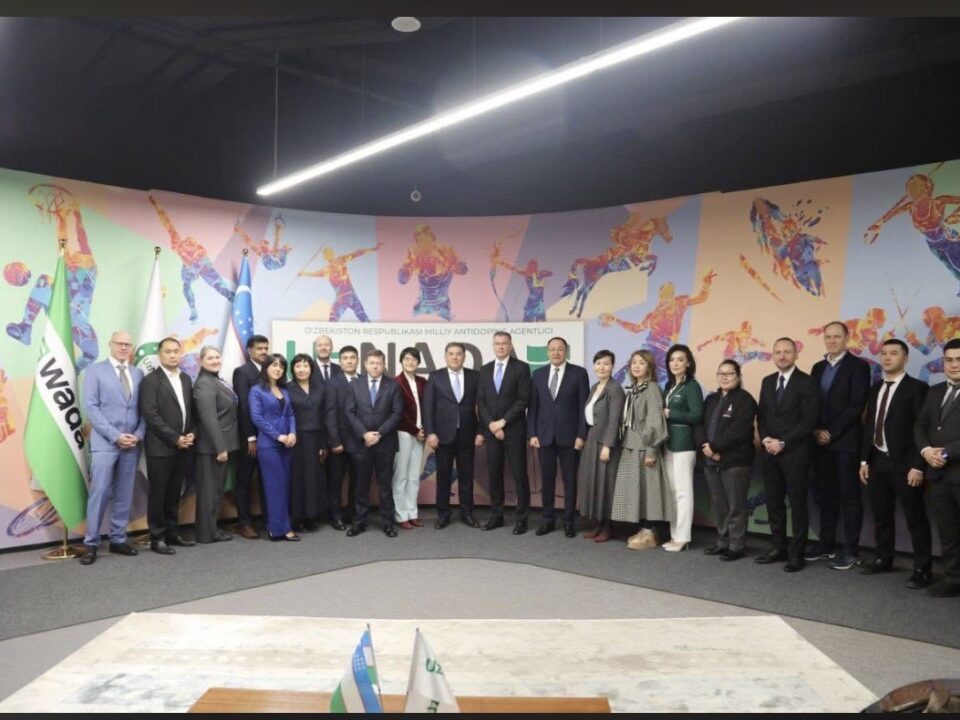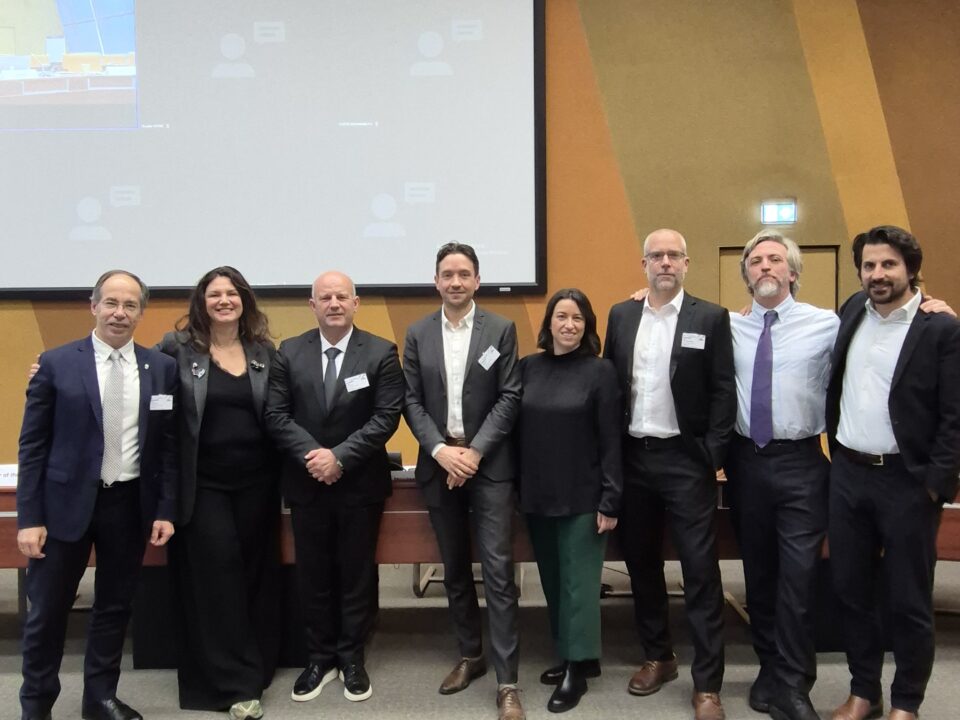Stricter procedures at the London 2012 Olympic Games: injections only with a doctor's permission
2012-07-09For the attention of the Lithuanian Winter Olympic Team Sochi 2014
2014-01-30The World Conference on Doping in Sport, held in Johannesburg from 12 to 15 November 2013, launched the updated World Anti-Doping Code and international standards for testing and research, laboratories, treatment authorisations and personal data protection. All these changes were endorsed by the founding Board of the World Anti-Doping Agency (WADA) during the Conference. The new, stricter Code will enter into force in 2015.
The process of updating the Code started at the end of 2011. Governments, sports organisations, national anti-doping organisations and other organisations submitted around 4,000 comments and suggestions during the 3 phases of the review.
From 2015, National Anti-Doping Organisations will be required to incorporate the new Code into their national anti-doping rules, while governments will have until that time to adopt or update the necessary legislation, policies and administrative practices for the exchange of information between authorities.
Fundamental changes to the Code
The new Code strengthens sanctions for anti-doping rule violations. The sanction for a first-time anti-doping rule violation is increased to between 2 and 4 years' Ineligibility (currently between a severe warning and 2 years' Ineligibility), unless the athlete can prove there was no intentional use.
The Code defines circumvention of doping controls as an anti-doping rule violation. Meanwhile, the time limit for missing 3 tests or providing false location information is reduced from 18 months to 12 months, which means that the statute of limitations for a violation runs out sooner, but the sanction for these violations is increased to 2 years (previously 1 year).
National Anti-Doping Organisations and International Federations are under an obligation to automatically open an investigation, within their jurisdiction, against the Athlete Support Personnel in the event of a positive sample from a minor athlete. There is also a new provision for coaches and support staff who are disqualified - the Athlete's cooperation with such staff, with knowledge of the disqualification, will be considered an anti-doping rule violation, and the Athlete himself may face sanctions.
In addition to testing, the new version of the Code also emphasises the importance of investigations, by requiring National Anti-Doping Organisations and International Federations to investigate anti-doping rule violations by gathering evidence and information.
New WADA leadership
During the Conference, WADA's founding Board elected a new WADA President, Sir Craig Reedie, who will succeed John Fahey from 1 January 2014. M.A. Stofile from South Africa to succeed Arne Ljungqvist.
In his farewell speech, Mr Fahey, who led the organisation for 6 years, said: "There are words, there are intentions, and now we need to translate them into an action plan that we will take forward with renewed vigour and purpose."





